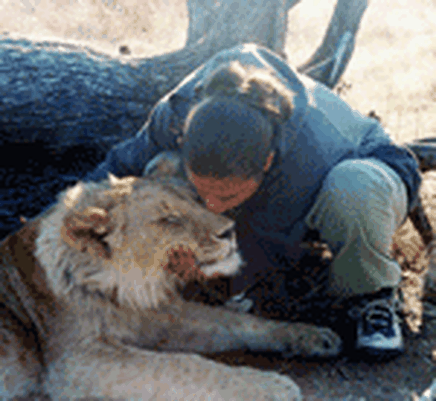What’s Your CQ?
There's a measurement for intelligence (IQ), a measurement for emotional capacity (EQ), so why isn't there a measurement for cultural understanding? I would call it your CQ- cultural quotient.
The world is increasing in its need for cultural understanding. Our country has become so diverse in its composition that almost every workplace now has employees of multiple cultures working in the same office. As businesses go global, the level of cultural diversity increases even more. But are people ready to accept, get to know, understand and be willing to work with people of various cultures?
I think that in this day and age, many people (dare I say most people?) would answer yes to this question.
But how much do we know about other cultures, and how much can we be expected to know considering how many other cultures exist in the world?
This is a fairly difficult question to answer, and parallels the adage, "You can know a lot about a little, or a little about a lot." Even anthropologists, who devote their time to the study of human beings and culture, focus on one or two specific peoples. I think it would be an impossible expectation for people, particularly laymen, to know everything there is to know about every culture in the world.
So how do we tackle the daunting task of expanding our knowledge base of other cultures in order to better function in our society? By understanding our own culture.
This sounds odd. We know our own culture (whatever culture that might be for you). We grew up in it, we know it, we don't need to learn about it. Wrong! Regardless of how much you think you know, you can always learn more. And the more we know of our own culture, the better we can understand others. This is especially true when we learn how other people view us, as this gives us insight into how they interpret our words and body language, and how they react to us (and keep in mind, I am talking in general, not just about 'traditional' Americans here).
Have you ever had a miscommunication with a coworker because they thought you meant something else by your words? How about your body language? Phrasing and physical cues vary from culture to culture, so what might seem crystal clear to you was a muddled mess to them. Do you think it would have helped to clarify things if you knew how they were interpreting your words and actions?
Pacific University has a great website entitled "What's Up with Culture?" (http://www.pacific.edu/sis/culture/). Module 1 can help you understand more about culture. Much of the information is quite universal (explaining the differences between high and low context cultures, for example) while a few sections are geared towards Americans from a 'traditional' American background. The site is designed for college students preparing for a study abroad experience, but the value of the cultural discussions applies to everyone. Take what you can from it.
This website and other tools can help you increase your CQ and better enable you to more successfully work and function in our increasingly diverse society.
